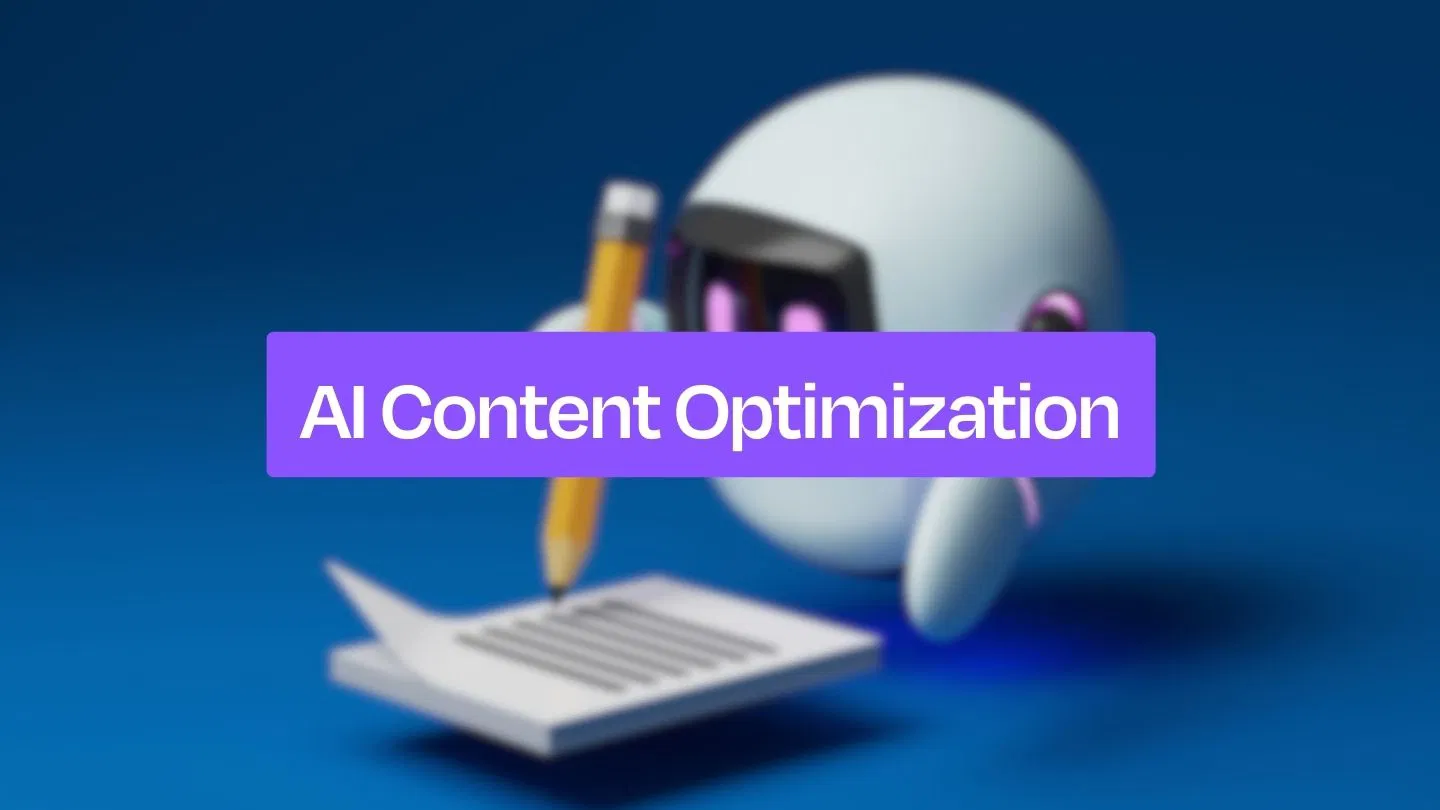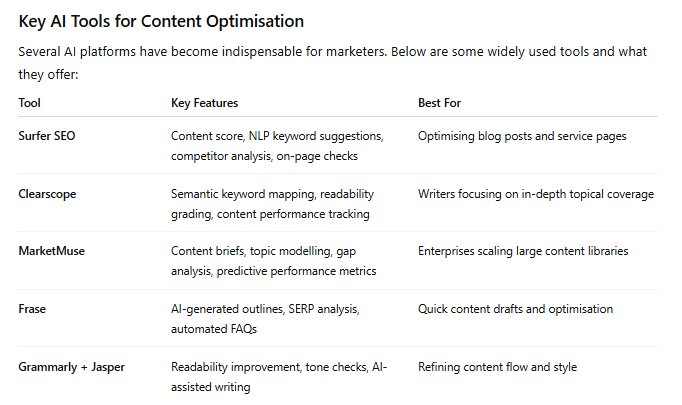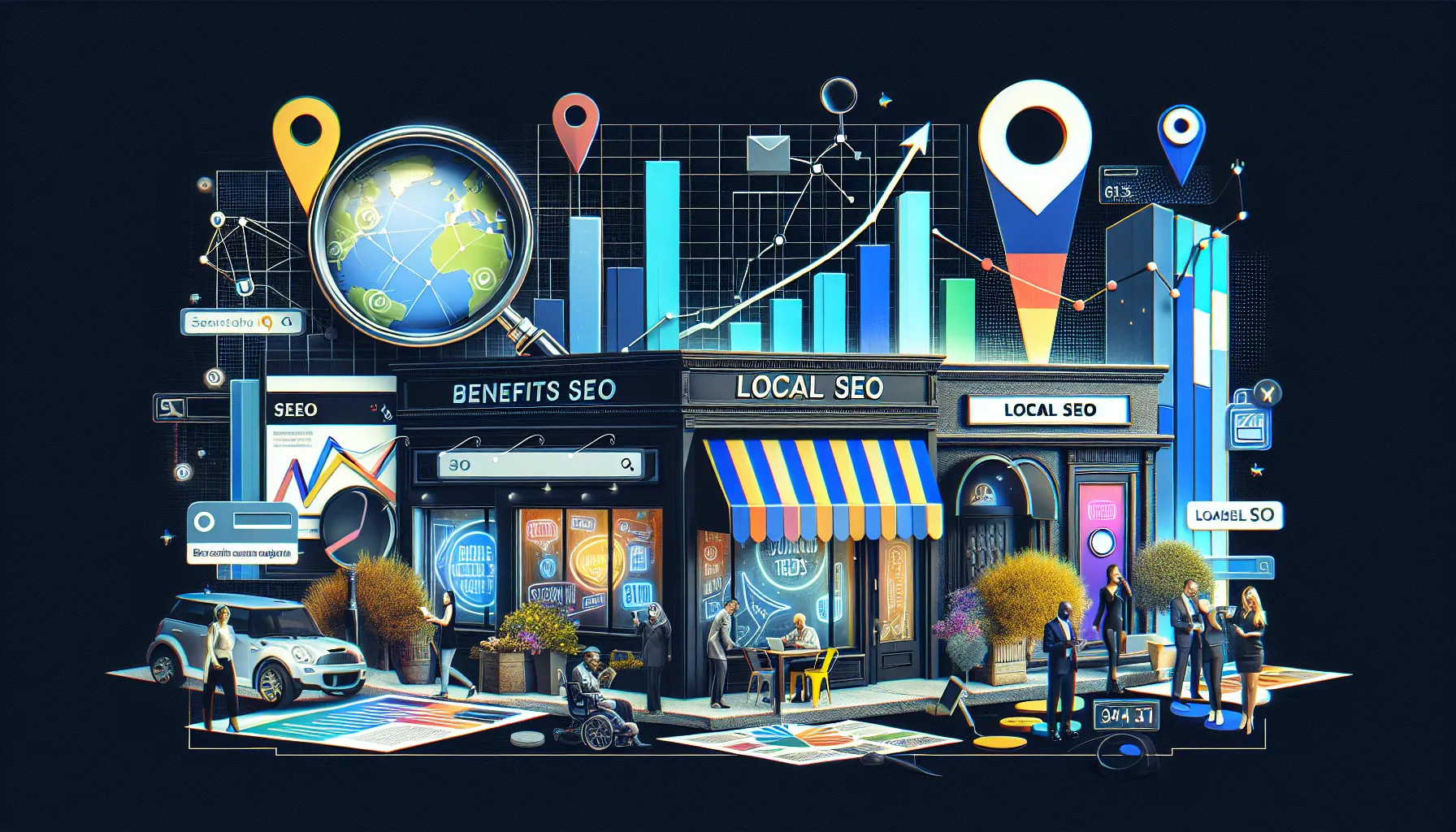
Good content has always been key to SEO, but the way we improve it has changed a lot. In the past, people stuffed pages with keywords and tried to guess what search engines wanted. That no longer works-and can even hurt your rankings.
Today, AI-powered tools make content optimisation smarter and easier. These tools can study data, figure out what people are really searching for, and suggest changes that make content better for both readers and search engines.
In this guide, we’ll explain how AI helps with content optimisation, show you some of the best tools, and share simple strategies you can use right away.
Why Content Optimisation Matters More Than Ever
Search engines now care about user experience and what people actually want, not just keywords. Google's updates and better language understanding mean that:
- Your content needs to answer people's questions clearly.
- Search engines look at how topics relate to each other, not just how often you use keywords.
- How people interact with your content (like how long they stay) affects your rankings.
Without optimisation, even good content can get lost. AI gives you an advantage by looking at huge amounts of data and suggesting improvements as you work.
The Role of AI in Content Optimisation
AI helps with optimisation in several ways:
- Content Auditing - AI tools check your existing content for readability, missing keywords, and SEO problems.
- Semantic Keyword Integration - AI finds related keywords beyond your main ones, including LSI terms that help show you know your topic well.
- Readability and Engagement - The software suggests simpler sentences, better paragraph structure, and tone changes.
- Competitor Benchmarking - Tools like Surfer SEO or Clearscope compare your content to top-ranking pages and show you how to beat them.
- Personalisation - AI adjusts content for different groups of people, changing calls-to-action, headings, and whole sections to match what they need.

Building Smarter Content Strategies with AI
1. Content Gap Analysis
AI finds topics your competitors write about but you don't. Here's an example:
- If your website talks about "digital marketing trends" but competitors rank for "AI in digital marketing", the tools will point this out.
2. Optimising for Search Intent
Not all keywords mean the same thing. People might want information, products, or comparisons. AI can sort search intent into groups like:
- Informational (What is AI SEO?)
- Navigational (Best AI SEO tools)
- Transactional (Buy SEO optimisation software)
This makes sure your content fits what users are looking for.
3. Enhancing Readability and UX
AI checks for:
- Sentence length (shorter sentences are easier to read).
- Active vs. passive voice.
- Unnecessary words that make you sound less confident.
Tools like Hemingway App with AI scoring can show you how to keep people reading longer.
4. Real-Time Optimisation
Modern AI plugins work with Google Docs, WordPress, or other platforms and give you feedback as you write. For example, the Surfer SEO plugin scores your blog post instantly, so you can make changes before you publish.
Practical Examples of AI-Optimised Content
Example 1: Blog Post Before vs After
- Before AI: Too many keywords, confusing headings, hard to read.
- After AI: Clear heading structure, related keywords added, readability score improved from 55 to 80.
Example 2: E-Commerce Product Pages
AI suggests:
- Adding FAQ sections for long-tail SEO.
- Rewriting descriptions to focus on benefits.
- Adding structured data for better search results.
Benefits of AI-Powered Content Optimisation
- Better Rankings - AI shows you exactly what search engines want.
- More Engagement - easier reading and relevant content keeps people on your page longer.
- Scalability - AI speeds up content updates across big websites.
- Less Manual Work - you spend less time guessing what needs fixing.
- Future-Proofing - AI adapts to algorithm changes faster than we can.
Common Challenges and How to Overcome Them
- Over-Optimisation: Using too much AI might make your content sound robotic. Always add your own human touch.
- Cost of Tools: Premium tools like Clearscope or MarketMuse can be expensive. Try mixing them with free AI tools when you can.
- Plagiarism Risks: Auto-generated text might be too similar to competitors. Use plagiarism checkers and always make it your own.
Future of Content Optimisation with AI
Looking ahead, AI will do more than just keywords and structure. We'll see:
- Voice Search Optimisation - AI making sure content works well for voice searches.
- AI-generated personalised content - customised for each user in real time.
- Better analytics integration - AI won't just optimise content but also predict your return on investment.
AI has changed content optimisation from a manual guessing game into a smart, data-driven process. By using tools like Surfer SEO, Clearscope, and MarketMuse, businesses can make sure their content performs well, reads easily, and works with search algorithms.
The best strategies mix AI efficiency with human creativity. This creates content that doesn't just rank well but also connects with real people.
Stay updated with the latest stories and campaigns, follow us on Instagram or like us on Facebook.
Contact Q Agency today at 1800 191 528 to start preparing your digital presence for the future.
Our dedicated experts are ready & waiting to get started today.

Subscribe to Q Insights








